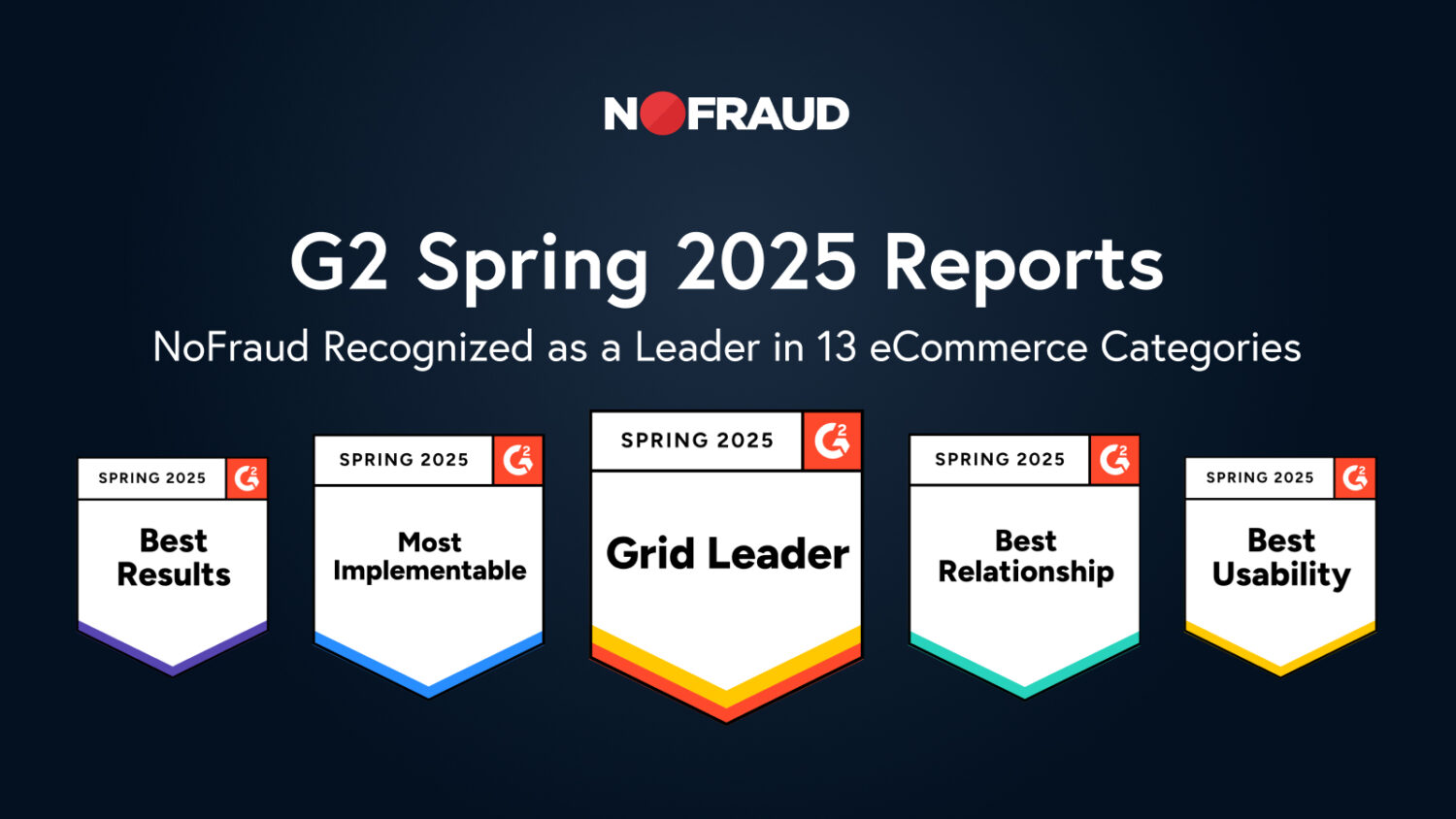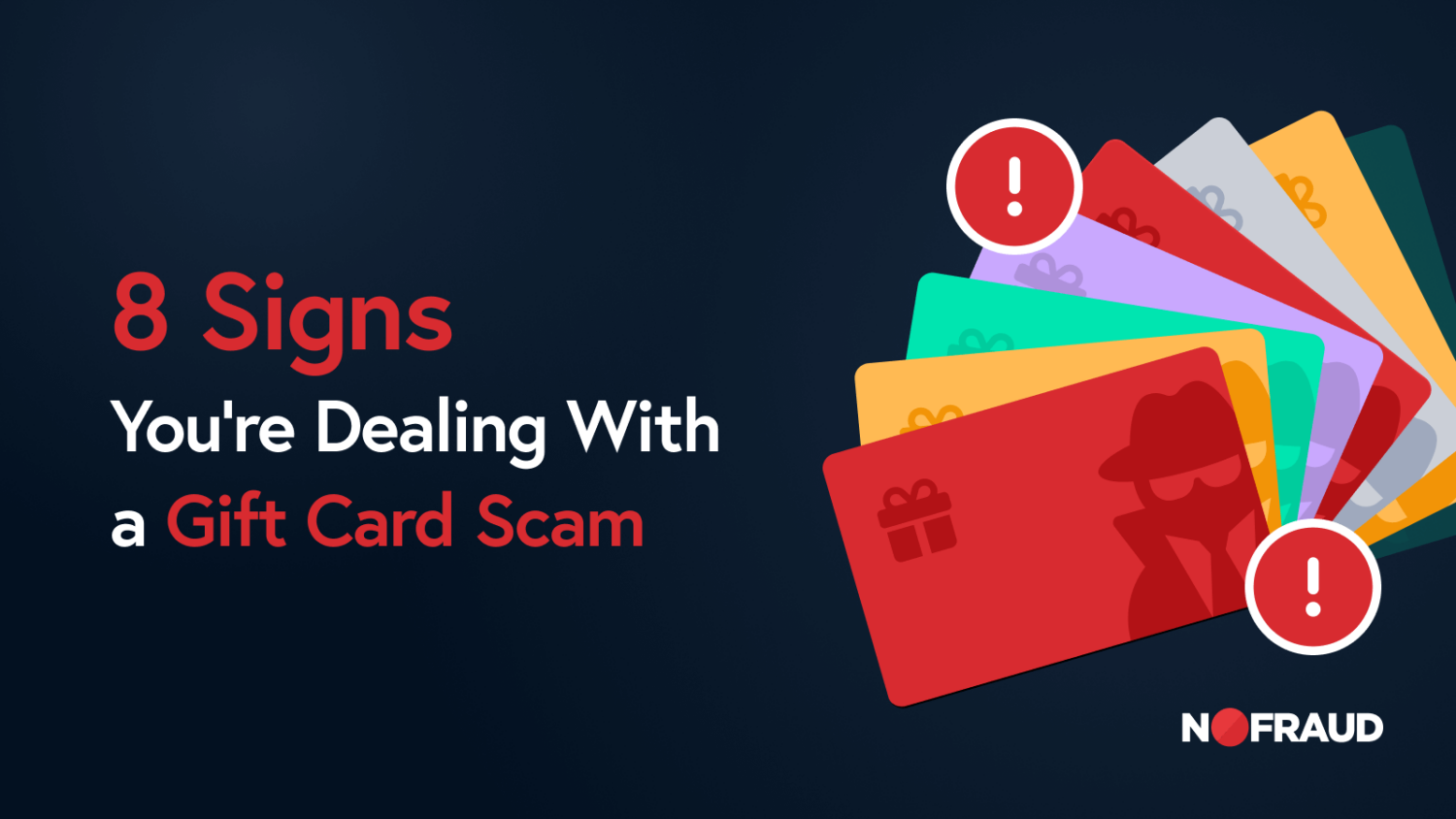The digital and contactless payments industry has advanced at an unprecedented rate since the onset of the ever-lingering Covid19 pandemic. The pandemic induced lockdowns and social distancing protocols forced many consumers to alter their spending habits away from cash purchases toward online payments, credit card use, setting up virtual wallets and other emerging forms of payment. As industries gradually return to pre-pandemic practices, certain things reveal no indication of ever reverting back to the way they were.
Chief among those behavioral shifts is the post-pandemic consumer’s new preference for digital and contactless payments. Research on checkout abandonment by Baymard Institute reports that 40% of consumers would have completed a purchase if their preferred payment option had been available. The rise in BNPL (Buy Now Pay Later) payment options and the growing popularity of peep to peer payments, like Zelle and Cashapp are significant indeed, yet credit cards still reign supreme as consumers’ preferred payment method.
Setting up a business to accept credit card payments has never been optional. But before you sign a contract with just any credit card processor, be aware of what the actual payment pricing will be. The credit card processing industry is notorious for their obscure hidden fees that can cost merchants hundreds of thousands of dollars each year.
11 Credit Card Processing Fees to be Aware of
There are four players in the credit card processing system: The customer, the issuing credit card company (commonly referred to as the issuing bank), the acquiring bank, and the merchant. The issuing bank lends the cost of the transaction to the customer to enable them to complete a purchase. The acquiring bank receives those funds from the issuing bank and transfers the money to the merchant. Both banks involved in the transaction will charge the merchant for their service.
In addition to paying the merchant fees charged by the banks, any risk or penalty resulting from the transaction is owned by the merchant. That means that if the customer disputes the charge and wins, the merchant is liable for the entire charge, plus a chargeback fee. In addition, transactions that carry a higher risk of fraud, such as phone orders, Card Not Present (CNP) transactions and products in certain categories, will often cost the merchant more per transaction.

There are many different fees that can be charged by the banks and gateways. It is incumbent upon the merchant to do their due diligence and assess how much their credit card processors are truly costing.
Setup Fee
The cost of setting up a credit card payment processor can range from $0-$100 (sometimes this is waived). Some processors may also charge merchants a ‘Monthly Leasing Fee’ for equipment.
Interchange Fee
This fee is a per transaction fee that the issuing bank charges the merchant. There are various models of how this fee is calculated:
- Interchange-plus: This payment model lists all fees separately, so you know exactly what you’re paying for and where the money for each transaction is going.
- Flat rate: A flat-rate model charges the same rate on every transaction, which is typically a flat rate plus a percentage of the sale. Some companies that use this billing model do not have monthly fees associated, which can save smaller businesses money.
- Subscription: A subscription model is similar to the interchange-plus billing model, except you’re paying a higher monthly fee in exchange for lower transaction fees. If you process a high volume of credit card transactions each month, this model could save your business money.
- Tiered: A tiered model collects fees based on the total cost of the transaction depending on the type of transaction. For instance, swiped/inserted/contactless payments carry lower fees than card-not-present sales, because there is less risk of chargebacks or fraud.
When negotiating the interchange fee with payment processors please note that some services refer to this fee as the ‘Transaction Fee,’ which is collected once the transaction is complete. Other services refer to the interchange fee as an ‘Authorization Fee,’ which is collected as soon as the customer authorizes the charge. Be wary of a service that collects both a transaction fee and an authorization fee.
Discount Rate
The ‘discount rate’ is a fee that the acquiring bank charges the merchant for the service of receiving funds from the issuing bank and holding it for the merchant.
Refund Fee
Unless your store has a “NO RETURNS, NO EXCEPTION” policy, you will likely be processing credit card refunds. Some credit card processors will reimburse the merchant’s interchange fee at the time they issue a refund to the customer, however, they will then charge a flat rate refund fee for all refunded transactions. Other processors will not charge a separate refund fee, but will not return the initial interchange fee even when issuing a full customer refund.
Annual Fee or Monthly Fee
In addition to a setup fee, some processors may charge an annual or monthly fee on top of the per transaction fee.
Monthly Minimum Fee
Most processors will make more money during months that your business processes more orders. However, some processors will demand a minimum monthly transaction amount and if your business falls short, you are responsible for the difference.
PCI Compliance Fee
This fee is tacked onto service fees to ensure that merchants are following the rules. You can have this fee removed by proving that your business is PCI compliant and receiving a PCI compliance certificate.
Batch Fee or Monthly Settlement Fee
On top of the interchange fee, some processors will charge a batch fee which takes a small percentage out of every batch of transactions. Generally, merchants batch-out daily, and processors may take a piece out of that total. Additionally, a processor may also take a monthly settlement fee out of a month’s worth of batches.
Statement Fee
Processors may charge you a fee for every statement they send you, even if it is a paperless statement.

Terminal or Gateway Fee
Processors will charge brick and mortar businesses a terminal fee and an ecommerce business will be charged a gateway fee. Essentially, it is a charge per transaction swiped or processed by the online payment gateway.
Chargeback Fee or Retrieval Fee
The most frustrating of all the fees, is by far the chargeback fee. Incurring a chargeback means an automatic loss of the cost of the product, shipping fees and labor. The chargeback fee is an additional loss to the merchant. Chargeback fees typically range between 15-25 dollars per chargeback and if a merchant incurs too many chargebacks, a processor may terminate their contract entirely.
Termination Fee
Should you be unhappy with your processor, for whatever reason, and you decide to cut the contract short, a processor may charge you an early termination fee that can cost you hundreds of dollars. The fee may be fixed or variable. A fixed termination fee is predetermined. A variable termination fee will be calculated based on how much money the processor expected to earn from you over the course of the contract and you will be charged the difference.
Takeaway
When shopping around for a payment processor, don’t be swayed by a low interchange or gateway fee. Be aware of all possible fees that can crop up on a merchant statement. Ask lots of questions before signing a contract and always try to negotiate the terms.
Additionally, from an operations perspective, take preventative measures to reduce chargebacks and their subsequent fees. If you do find yourself facing a large amount of chargebacks, it is worth investing time to understand the reason codes associated with the chargebacks, and either update your business practices and/or fraud prevention approach. NoFraud offers both, advanced fraud prevention and a chargeback management service, that can help identify the source of your chargebacks, automate the dispute process and prevent fraud chargebacks almost entirely. Learn more about how NoFraud can help improve your bottom line, here.



